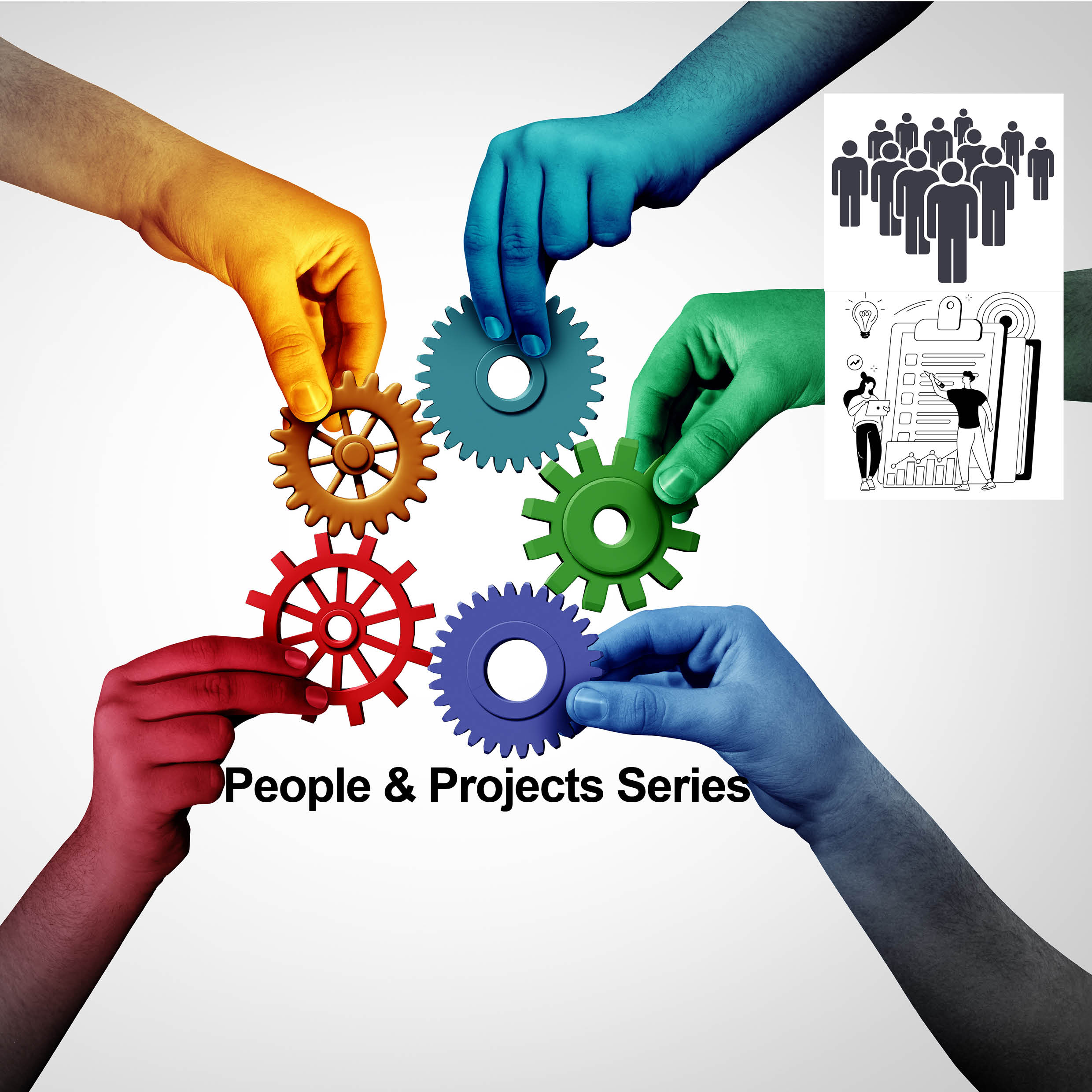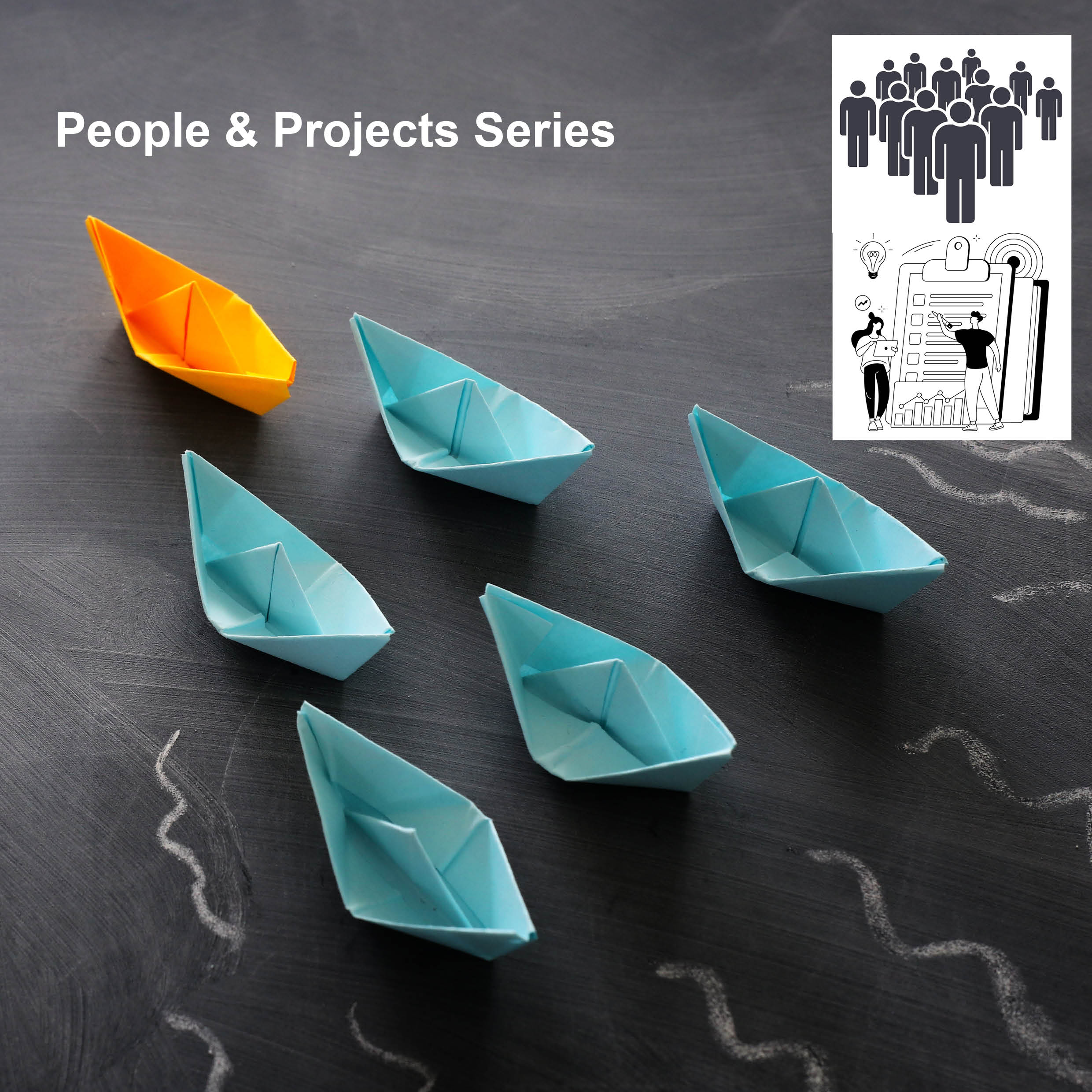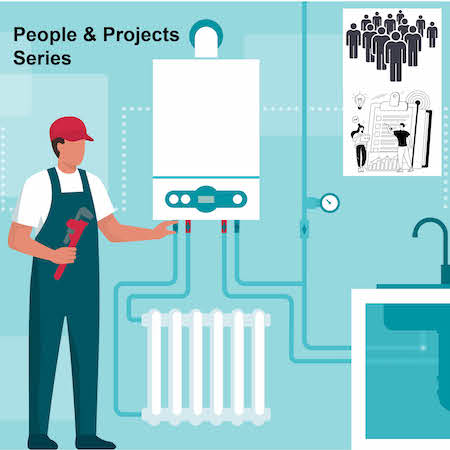The approach to capital spending during the pandemic period with a budget in excess of £40m and covering multiple projects across the site, aimed to ensure capital works demonstrated efficiency, that the needs of the pandemic and agile working were addressed and risks designed-out. The solution was a collaborative working approach that harnessed the previously under-utilised skills and knowledge of the existing in-house engineering team, the project management experience of the capital team and the specialist knowledge of the hospital’s authorising engineers. Regulators were also involved, to ensure projects aligned with national strategies.
Outcomes
This collaborative approach across the capital programme and delivery has increased productivity for clinical and non-clinical colleagues by improving their working environment. The innovative design of new facilities, together with the addition of well-designed BMS and 'smart' technologies means that although the footprint of the estate has been increased and facilities added, the cost of maintenance has not gone up. New energy-efficient plant has been introduced in order to reduce energy consumption and additional maintenance. It is now easier to flex services between areas and facilities due to the collaborative design which has enabled a full 'recovery' plan to be implemented. The provision of critical services, including high flow oxygen/mechanical ventilation is no longer an issue in the design of patient pathways and flow.
The way patients are treated has changed for the better. Most importantly, the hospital can now support a greater number of critically ill patients from a medical gas/ventilation perspective in an environment that is conducive to those activities.
Involving the estates team with projects has improved morale and created ownership within the engineering team. The team feel empowered to become involved in mechanical and electrical design, ensuring the most high-risk backlog maintenance issues are addressed in the most efficient way, thus reducing planned and reactive maintenance.
The agile working spaces created in collaboration with all stakeholders provide an environment conducive to new ways of working and encourage a more flexible approach.
The upgrade, refurbishment and installation of ventilation systems (including mobile units) has reduced nosocomial infection transmission and provides a more pleasant environment for both patients and staff. The innovative systems and solutions installed throughout the Trust with regard to medical gas, ventilation and water safety have been shared across the ICS and the Trust was able to offer advice to NHSE based on its experiences.
The extensive backlog maintenance programme, and the innovative building and refurbishment design, means reliable, efficient and effective plant is in place to ensure service continuity. The facilities team were also consulted over the design, to ensure the procurement of equipment that is easy to clean and that premises were designed to accommodate cleaning supplies and reduce risk.
The innovative design of refurbished premises will enable flexibility with the provision of clinical services and ensure procedures are not cancelled or rescheduled.
The new technologies being used, including pumps, water systems and replacement valves/pipework will provide cost savings on utilities and reduce carbon footprint. The NHS will benefit from cost savings both directly in revenue and potential savings from reduction in nosocomial infections and service downtime due to plant failure.
Although the plant and buildings are designed, installed, operated and maintained by the estates and facilities teams, the benefits are significant for both clinical and non-clinical colleagues, patients and service users. The collaborative working approach has created efficiencies and a 'getting it right, first time’ culture.
The Trust has shared its learning with several other Trusts, UKHSA and NHSE, based not only on the innovative capital schemes but based on the collaborative working in-house and the development of partnerships with contractors and subject matter experts.
This collaborative approach between Capital and Estates teams at the Princess Alexandra Hospital was shortlisted for one of HEFMA’s 2022 awards.











